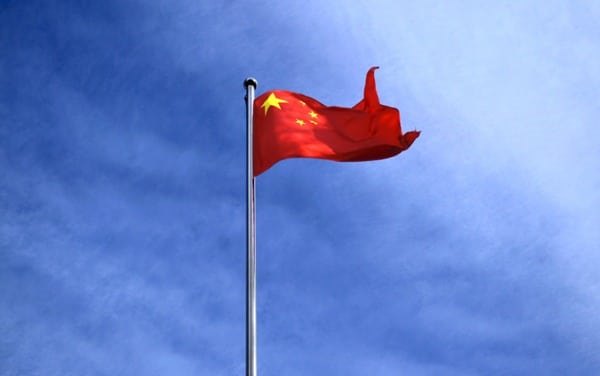The pharma industry will be in need of some Chinese interpreting soon! China is close to becoming the second largest pharmaceutical market and the world’s largest single-payer system, requiring companies to implement new business strategies. With an annual growth rate of almost 20% – projections indicate the market value will increase from $40 billion in 2011 to $100 billion by 2015. China’s pharmaceutical market is booming. The National Bureau of Statistics reported that investments in China’s pharmaceutical industry have increased by 31.6 %, reaching a new record value. In order for companies to maintain a competitive edge in today’s global market, however, they must know how to successfully enter the Chinese market.
Why China’s Growth has the Pharma Industry Scrambling for Chinese Interpreting
From January to July of 2011, the Chinese pharmaceutical industry’s value increased to $126 billion, 29.6% more than the value from the same period of time the previous year. According to analysts, China is expected to become one of the world’s largest pharmaceutical markets, second only to the United States. Predictions by experts suggest that the Chinese pharmaceutical market will overtake that of Japan in size by the end of next year, driven by the government’s Healthy China 2020 Plan ($1.4 trillion to be invested in pharmaceuticals by 2020).
Among the areas of focus is the Chinese government’s significant effort to increase domestic pharmaceutical production. In 2011, the government announced plans to invest $759 million in the production of active pharmaceutical ingredients. China already has the world’s largest manufacturing capacities and is responsible for producing a large portion of the world’s pharmaceuticals. The Chinese market is currently dominated by prescribed generic drugs, which accounted for 67% of the pharmaceutical market in 2010. However, patented brand-name drugs are expected to increase by 7.9% by the end of 2022. The government has also made large invests in the country’s health care system, increasing insurance coverage in rural areas, with the ultimate goal of providing the Chinese population as a whole with health care.
Since China joined the World Trade Organization (WTO), foreign pharmaceutical companies have continually increased their presence in the country, with the extended help of life sciences translation of course. The Chinese pharmaceutical market in particular is becoming increasingly attractive for foreign investors because of its growing aging population, increased incidence of diseases common in the West, and expanding health care insurance coverage. Despite growing economic pressures on the pharmaceutical industry, along with economic crisis in many Western countries, there is strong incentive for companies to invest in China’s growing pharmaceutical industry.
An increasing number of Western pharmaceutical companies have recognized the country’s business opportunities and are utilizing Chinese interpreting services. Many international pharmaceutical organizations have established or expanded their presence in China, and several major multinational companies have recently increased their investments in the country. In 2011, Merck expanded their R&D by building a major center in Beijing China. AstraZeneca acquired a privately owned injectables generics manufacturer in China’s Guangdong province. Currently, more than 1,500 foreign pharmaceutical companies work in China in some capacity, accounting for about 30% of the country’s pharmaceutical market.
Either Chinese Interpretation, or Falling Behind in the Pharma Industry!
China is an increasingly important region for the pharmaceutical industry, particularly in the manufacture of active pharmaceutical ingredients. It is also an important destination for clinical trials and, with growing investments in R&D, biotech research is becoming an important area as well. Research in biomarkers, genomic sequencing, regenerative medicine, and biosimilars are major focuses.
If companies want to keep up with the quickly changing pace of today’s pharmaceutical industry, they must start hiring for Chinese interpreting and learn how to work in China. We at Language Connections provide expert language services to companies in the life sciences that are interested in working in China, helping them to successfully overcome language and cultural barriers.
About Language Connections:
Language Connections is one of the top language service companies in the US. Over the last 30 years, we’ve focused on providing the best business translation services, interpreting services, as well as interpreter training and customized language training programs. In addition to top-tier corporate language training, we offer certified corporate interpreters and professional business translation services in 200+ languages. Our network includes linguists with backgrounds in all major industries. They’re ready to meet your needs, whether they’re for technical translation services, legal translation, government translation services, international development translation services, education translation services, life sciences translation, or something else. Reach out to us today for a free quote on our cost-efficient and timely translation services, interpreters, or other linguistic services.
Language Connections LLC
2001 Beacon Street, Suite 105,
Boston, MA 02135
Phone: +1-617-731-3510
Email: service@languageconnections.com


